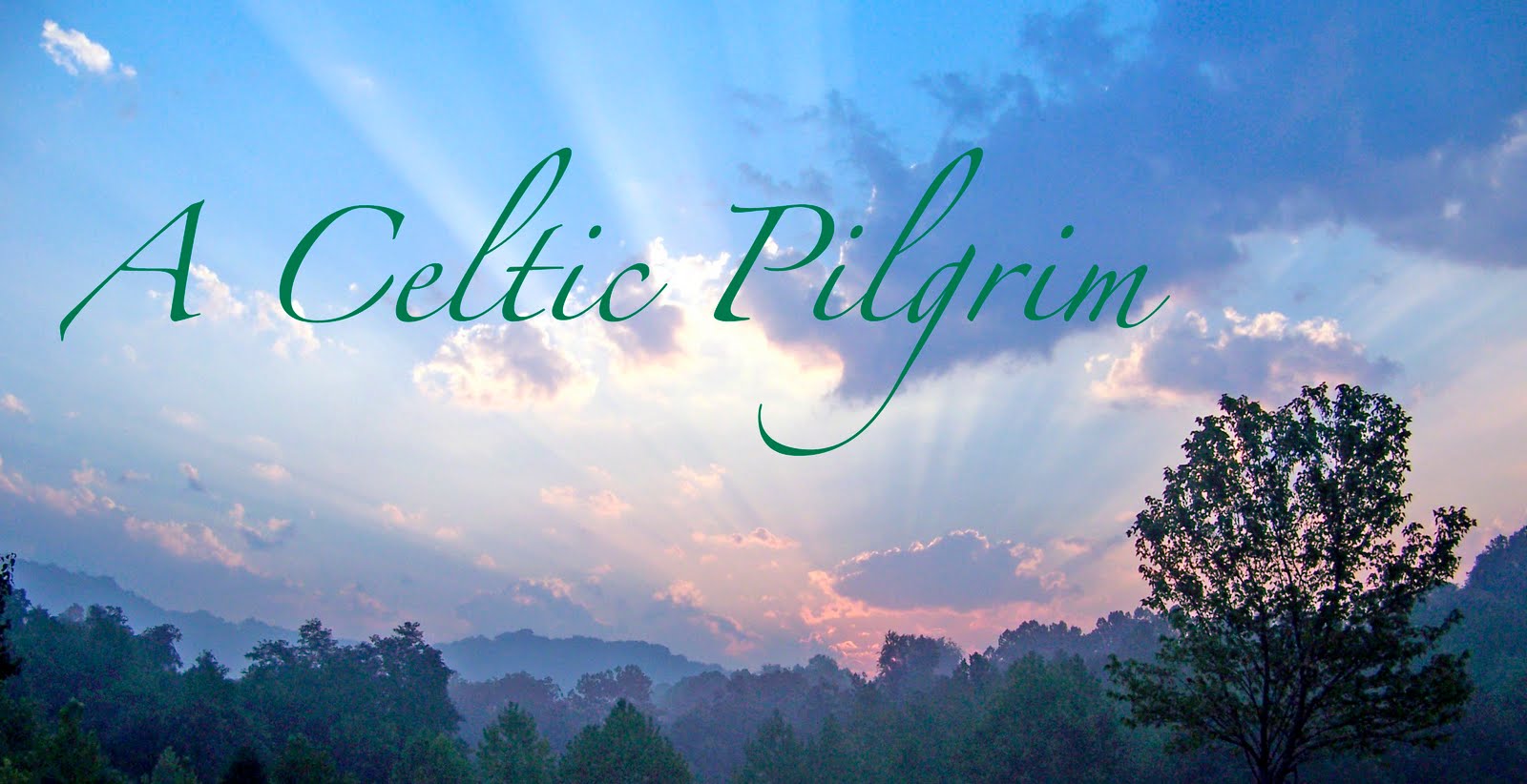 |
| ©Greg Ferrell |
I could not blog about Beauty without spending some time thinking about the moral power of beautiful music.
As another of the God-gifts, music can inspire, music can soothe, music can heal, music can remind us of who and what we were created to be.
If the shortest distance between a human being and Truth is a story, let me illustrate with a bit from The Shawshank Redemption.
Andy DuFresne is an educated man, a banker, condemned to life in prison because he was wrongly convicted of a crime. In the film the prison environment, including that of its overseers, is seemingly hopelessly corrupt, a situation in which it would be very easy to lose one's integrity, even one's soul.
After he is assigned to work in the prison library, Andy begins writing a barrage of letters asking for donations for the library to keep his mind alive. Although this angers the corrupt warden and guards, who are not interested in rehabilitating the prisoners but rather using many of them in their own corrupt schemes, Andy persists. In one shipment of books, he finds a recording of Mozart, which reminds him of the missing beauty in his life. Because of his position of trust, he has access to the warden's record player and loudspeaker. The brief clip below will tell the next part of the story better than I can.
Red, an inmate who narrates the story, remembers the effect it had on the men:
"I have no idea what those two Italian ladies were singing about. Truth is, I don't want to know. Some things are best left unsaid. I like to think they were singing about something so beautiful it can't be expressed in words and makes your heart ache because of it.
"I tell you, those voices soared, higher and farther than anybody in a gray place dares to dream of. It was like some beautiful bird flapped into our drab little cage and made those drab walls dissolve away. And for the briefest of moments every man at Shawshank felt free."
Andy played the music to the others even though he knew that he would be placed into solitary confinement as punishment. When he got out, he explained to a fellow prisoner that it wasn't as bad as he thought it would be because, "I had Mister Mozart to keep me company." When they expressed surprise that he would be allowed to have the record player in solitary, he pointed to his head, "It was in here, and in here," pointing to his heart.
"That's the beauty of music, " he said. "They can't take that from you. . . . You need it so you don't forget. Forget that there are places in the world that aren't made of stone, that there's something inside that they can't get to, that they can't touch, that's yours."
"What are you talking about" one of the men asked."
"Hope," he replied.
". . . In the night His song shall be with me,
My prayer unto the God of my life." (Psalm 42:8)
My prayer unto the God of my life." (Psalm 42:8)
Spending my life working with teenagers, I have been a first-hand observer of the ability of music to have an influence on behavior and character.
Click HERE to see if this would have had the same effect. I'm sure you will get my point.
Of course, you may have to click HERE now to get that "bad taste" out of your mind.
__________________________________________________
__________________________________________________












